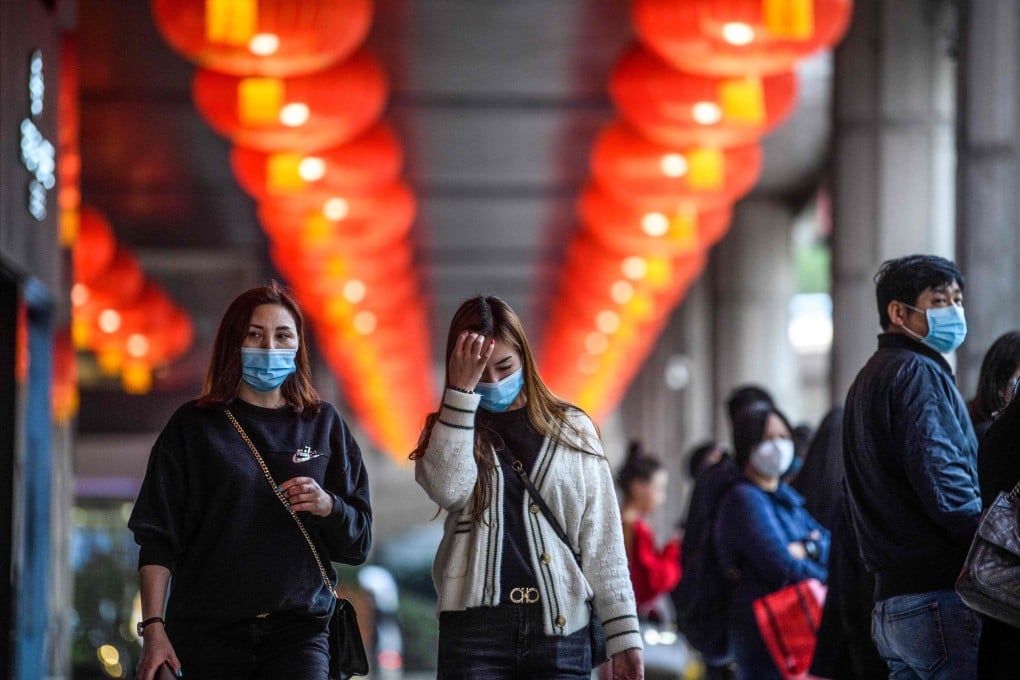Blockchain allowed 17 million people to travel between Guangdong, Macau amid coronavirus pandemic
- Macau and China’s southern Guangdong province have a mutually recognised health code system powered by blockchain
- This allows both sides to validate the health status of travellers without directly exchanging personal data, hence complying with local privacy laws

Even amid a global travel standstill due to the coronavirus, more than 17 million people travelled between Macau and China’s southern Guangdong province since May.
This is thanks to a mutually recognised QR health code system using a crucial piece of technology: blockchain.
Blockchain technology is seen as a secure way to transfer data as it stores records in a network of computers instead of a centralised system. Each new record is linked to previous ones, making it extremely difficult for anyone to make changes.
“Health authorities in Chinese mainland and Macau need to verify the health information submitted by users crossing the border and yet they are not supposed to exchange data directly with each other to stay in compliance with their corresponding regulations,” the blockchain platform said.
The health code system uses blockchain to encrypt the identification and personal health information of travellers, storing it in a consortium blockchain network which grants access only to authorised organisations.